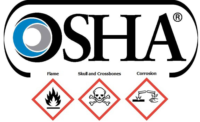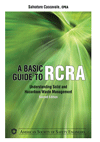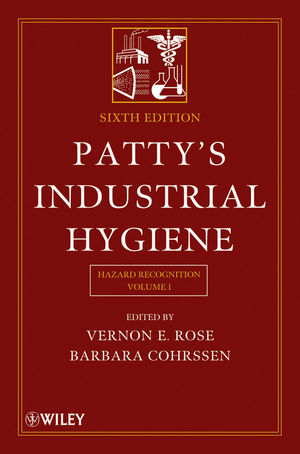 Many people welcome warmer weather by thoroughly cleaning and organizing their homes. The Electrical Safety Foundation (ESFI) says that provides a handy opportunity for finding and fixing electrical hazards that could threaten the safety of your family.
Many people welcome warmer weather by thoroughly cleaning and organizing their homes. The Electrical Safety Foundation (ESFI) says that provides a handy opportunity for finding and fixing electrical hazards that could threaten the safety of your family.
The most dangerous room – at least when it comes to house fires -- is the kitchen. According to statistics from the National Fire Prevention Association (NFPA), cooking equipment fires accounted for 42% of all reported home structure fires and 37% of home civilian injuries during the five-year period of 2005-2009.
The ESFI suggests you focus your efforts on the kitchen and the basement.
Tips for the kitchen:
- Clean the exhaust hood and duct over the stove.
- Make sure the cooking area around the stove/oven clear of combustibles, such as towels, napkins, and pot holders.
- Move all appliances away from the sink.
- Plug countertop appliances into ground fault circuit interrupters (GFCIs).
- Keep appliance cords away from hot surfaces like the range or toaster. Unplug the toaster and other countertop appliances when not in use.
- Make sure there is room behind the refrigerator for air to circulate.
- Vacuum refrigerator coils to eliminate dirt buildup that can reduce efficiency and create a fire hazard.
- Any electric shock from a major appliance can indicate an extremely hazardous wiring condition. Turn the power to the appliance off at the circuit breaker, and do not touch the appliance until it has been checked by a licensed, qualified electrician.
- The basement houses two additional leading causes of home fires: heating equipment and electrical distribution systems.
Tips for the basement:
- Check the label inside the door or cover of your electrical service panel to see when your electrical system was last inspected. If the date has passed or is approaching, contact a licensed, qualified electrician and schedule an inspection.
- Be sure circuit breakers and fuses are correctly labeled with their amperage and their corresponding rooms, circuits or outlets. Use correct size and current rating for breakers/fuses.
- Increase your fire protection by having a qualified, licensed electrician replace your standard circuit breakers with arc fault circuit interrupters (AFCIs).
- Have your furnace cleaned and inspected annually by a licensed, qualified professional.
- Make sure all fuel-burning equipment, such as furnaces, stoves, and fireplaces, is vented to the outside to avoid carbon monoxide poisoning.
- Check for excessive vibration or movement when the washing machine or dryer is operating, which can put stress on electrical connections.
- Make sure the area around the dryer is free of clutter, and clean the dryer lint filter after each load.
- And lastly, make sure smoke detectors and carbon monoxide detectors are installed on every level of your home and outside every sleeping area. Test these alarms to ensure that they are in working order, and replace the batteries if necessary.
Visit www.esfi.org for more tips on keeping your home and family safe this spring and beyond.









